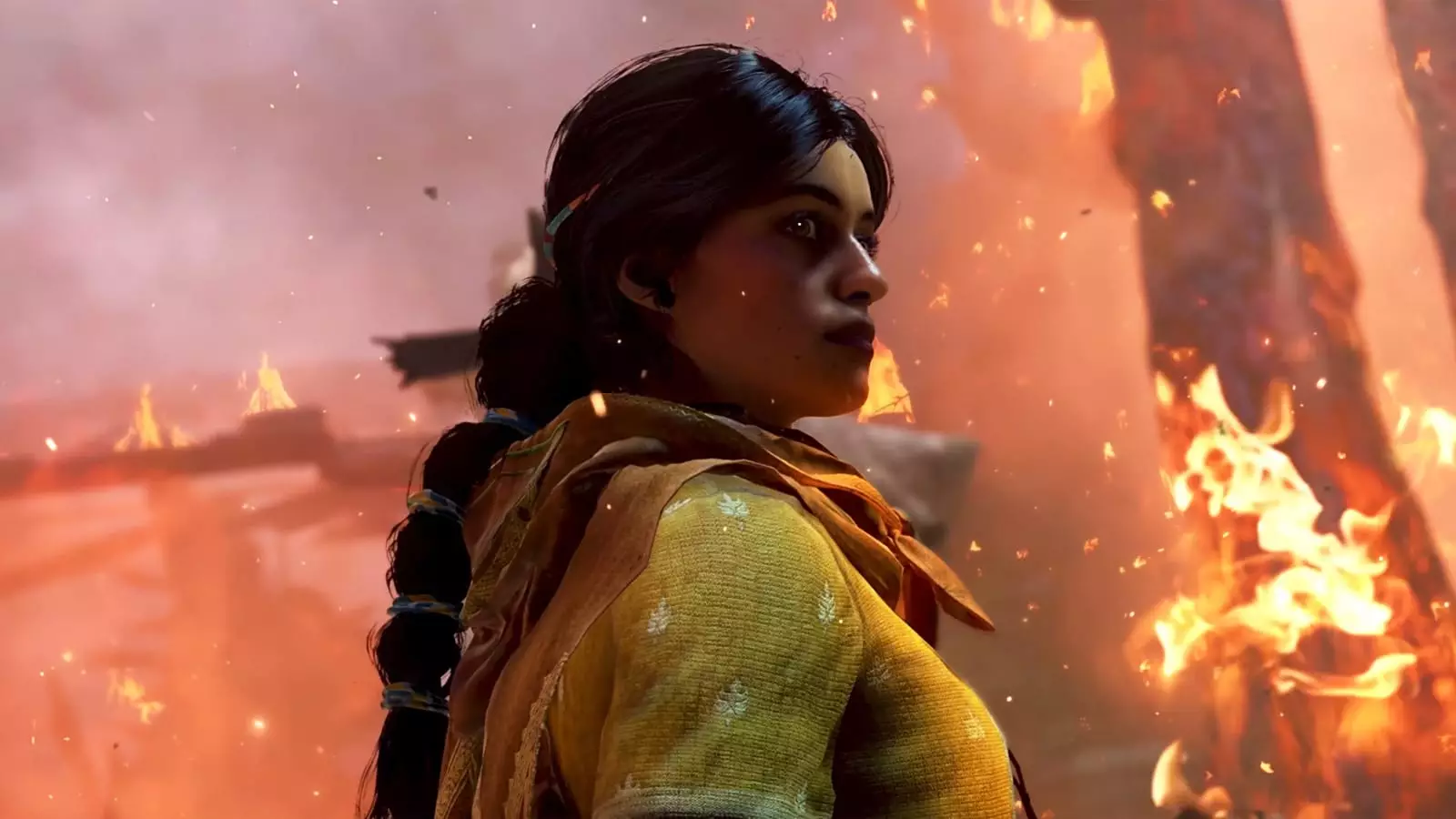In a gaming landscape increasingly defined by high-end graphics and massive production values, Unknown 9: Awakening from Reflector Entertainment and Bandai Namco stands out as a title that seemingly defies these conventions. Critics have been quick to point out the game’s visual shortcomings, with character models that leave much to be desired. The wide-eyed expressions and poorly synced lip movements result in a disconnect that can detract from the immersive experience. Combat mechanics, too, draw skepticism, described as repetitive and uninspired, leading to an uninspiring gameplay experience in later stages.
Yet, despite these valid criticisms, there is an underlying essence to Awakening that invites appreciation. It harkens back to a bygone era of gaming where innovation triumphed over perfection. This contention raises the question: could there be more value found in its flaws than in the polished shells of contemporary equivalents?
Awakening encapsulates a nostalgic essence reminiscent of the PlayStation 3 and Xbox 360 era. At a time when new IPs were celebrated for their daring storytelling and character development, players found themselves embarking on adventures that were not tethered to grandiose, pre-established franchises. Games like Uncharted and inFAMOUS epitomized this creativity, offering unique narratives and immersive worlds that fostered a deep sense of discovery. In its own way, Unknown 9: Awakening attempts to regain this lost magic.
The game evokes a sense of wonder that modern gaming often seems to sidestep. In the midst of flashy graphics and hyper-realistic designs, the core aspect of exploration and storytelling can sometimes fall by the wayside. Awakening embraces simplicity as a vehicle for enjoyment. The journey resonates with players who missed this adventurous spirit, asserting that gaming should also be about the thrill of the unknown rather than just beautiful graphics.
Unknown 9: Awakening is part of a broader narrative universe, merging gameplay with various media such as comic books and podcasts. This multi-faceted storytelling approach lends itself to an enriched gaming experience, giving players an expansive backdrop filled with intrigue. While the game may only be a slice of the vast narrative pie, its interconnectedness with the Unknown 9 franchise enhances its allure. This technique builds anticipation, stirring the player’s curiosity as they navigate through layers of mystery and expansive mythos.
Haroona, the protagonist, becomes more than just a character in a game—she symbolizes a small piece of a greater whole. Each dialogue exchanged reveals threads of a deeper story, inviting players to ponder the nuances of her world. The engagement and imagination it fosters is important in an era where storytelling can often feel secondary to gameplay mechanics or graphical fidelity.
The gaming landscape has notably shifted in recent years, increasingly favoring a formulaic approach. Developers have been observed gravitating toward established franchises for financial safety, leading to homogenized experiences that lessen the potential for creativity. Yet, Unknown 9: Awakening dares to tread a different path. It channels a spirit that seeks to cultivate individuality and unique experiences, reminiscent of a golden age when diverse voices in game development were celebrated.
Critics may lament the growing presence of grifters in this space, often detracting from games that aim for diversity in storytelling and character representation. This creates unnecessary barriers for games like Awakening, which aspire to break the mold and showcase compelling narratives without bending to mainstream pressures. The merits of such artistic endeavors shouldn’t be tarnished by unfounded criticisms that overlook their potential for innovation.
While Unknown 9: Awakening may not boast the visual flair of contemporary blockbusters, it carries the promise of genuine adventure and character-driven storytelling. As players navigate through its narrative, they may find themselves reflecting on why similar games seem to be fewer in number. Can gaming move past corporate agendas that prioritize profit over the intrinsic value of creativity?
In its compact ten-hour journey, Awakening impresses with its delightful characters and layered plot. It is a reminder that appearances can be deceiving and that the essence of what makes a game enjoyable often lies within its heart rather than its surface. For gamers yearning for traces of nostalgia and a return to original gaming principles, Unknown 9: Awakening stands not just as a game but as a testament to the enduring power of storytelling.
Ultimately, discussions around this title may lean toward sales figures and market performance; yet, these metrics pale in comparison to what makes gaming an art form. Unknown 9: Awakening deserves its place in the conversation, standing as a beacon for what the gaming industry can be when it allows space for innovation to flourish outside the confines of tradition.


Leave a Reply